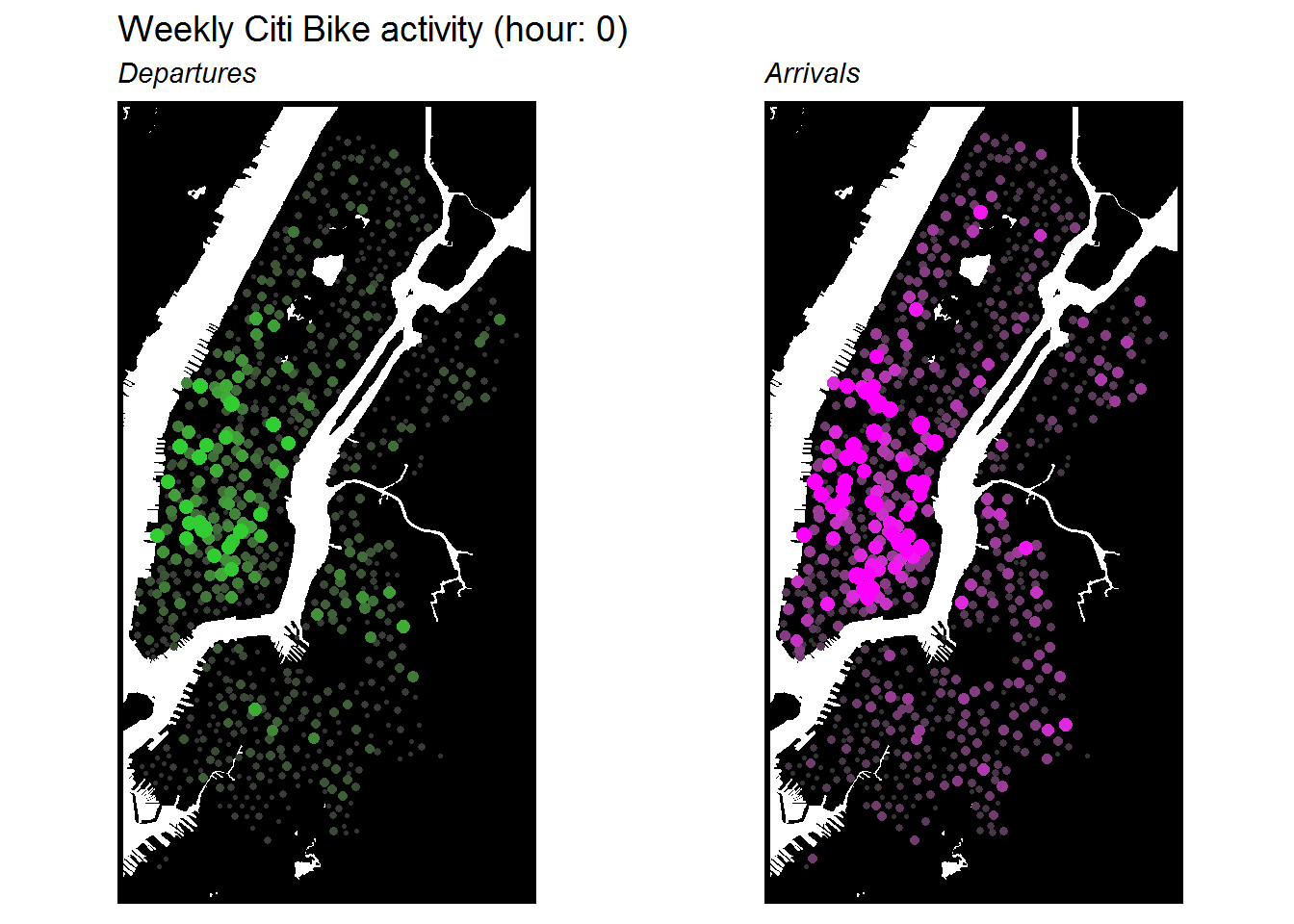Expert in urban transportation and
spatial data analytics.
As a transportation planner I strive to contribute innovative, equitable solutions to "wicked" problems. I work to move millions and to fight for justice.
In Philadelphia, 100 people die every year from crashes involving motor vehicles. While drivers are largest stakeholder group, certain populations, including pedestrians, bicyclists, people of color, and the poor, are disproportionately at risk of death or serious injury.
Reaching our goal of zero deaths will take not only changes to our roads and our vehicles, but fundamental and institutional changes to how our transportation systems operate. In the fall of 2018, I worked with Philly's Office of Transportation (oTIS), Police Department, and other agencies to bring about these changes.
See my work with Vision Zero PHL and more. →
These systems are complex, and data—especially open data—lets us translate facts and figures into actionable intelligence. Reality and "the numbers" are not always one and the same, and machine learning, letting us peek into the future, can be a black box. My work connecting data to policy and business, using tools like Python, R, GIS, and more, has contributed to government and non-profit sectors alike.
This Citi Bike data from May 2018 helped to train poisson regression models predicting excess supply and demand of bikes. I am eager to leverage the power of data and predictive modelling for the public good.
See how I've predicted the future. →
